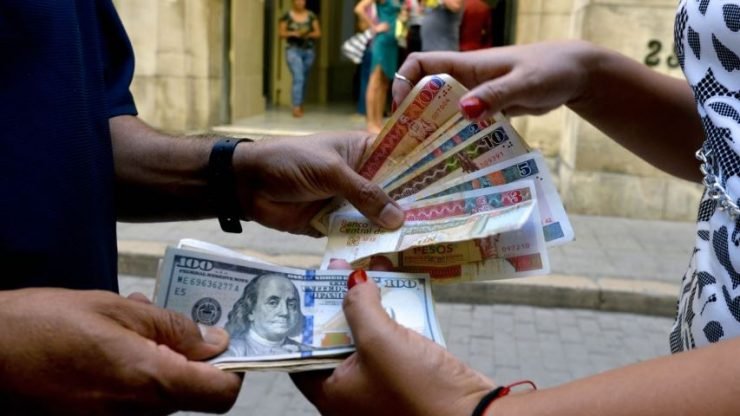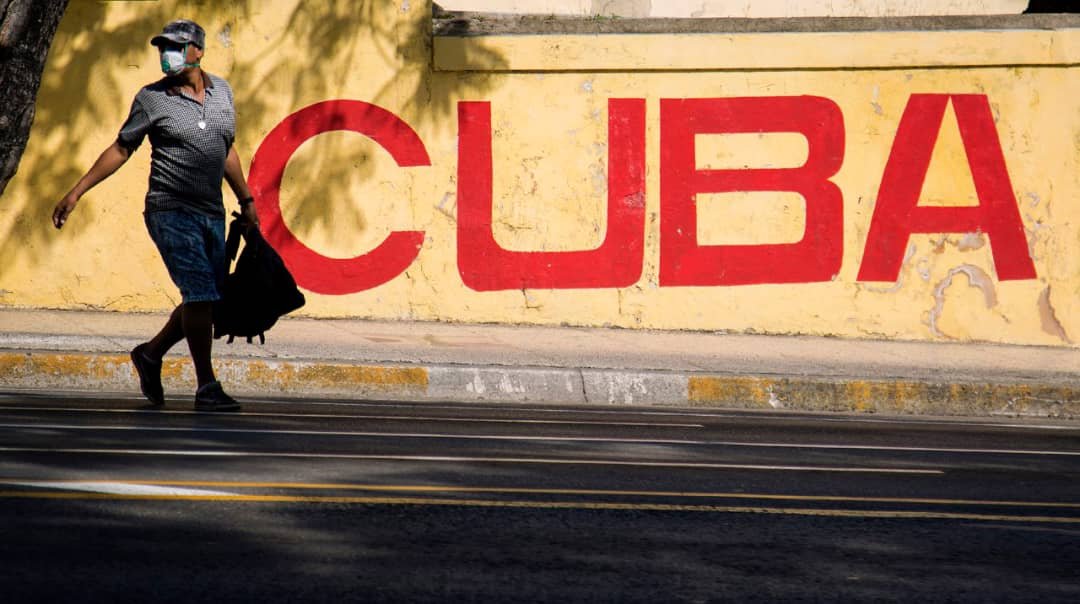At the end of January 2023, 6,704 new non-agricultural cooperatives and micro, small, and medium-sized enterprises (MSMEs) and 1,080 local development projects had been approved as part of the strategy to boost the Cuban economy, despite an unfavorable economic context, which affects the development of enterprises.
Read moreFollowing the May 16, 2022, announcement by the White House of a series of measures towards Cuba, many were quick to speak of a new thaw in relations between the two governments. But how much truth is there in this? What repercussions could these measures have for the private sector in Cuba?
Read moreThe number of new economic actors authorized to operate in the Cuban province of Granma comes as a surprise
Read moreIt is crucial to consider alternatives that contribute to cultural recreation and creative entertainment in order to advance in the pyramid of cultural development. In the current Cuban scenario, there are still not enough enterprises that provide real social and cultural added value, allowing them to join the framework of creative industries.
Read moreIt is evident that Cubans who are in some way linked to the private sector are capable of discerning the problems that the social confinement sparked by COVID-19 health crisis has caused for their businesses; and they are also aware of their capacity to face these challenges.
Read moreWhen Cuban authorities announced that significant changes would be implemented in the regulatory framework for self-employment, the reactions included practically every nuance of the issue. Although what was announced is the biggest transformation of the sector since 1993, the expectations and context of Cuban society have also changed radically since then.
Read moreThe situation for the private sector in Cuba at the beginning of 2021 can be characterized as very challenging, as a consequence of the economic crisis, the restrictions associated with COVID-19 and the implementation of the monetary and exchange rate reform. The role of “self-employment” in an economy such as the Cuban one is controversial. Once the most onerous restrictions for the takeoff of the sector were lifted in 2010, the establishment of a government task or campaign to guarantee the growth of the sector was not necessary.
Read moreAt the close of this 2020, the Cuban economy will see its worst result since 1994. All indicators point to a contraction of Gross Domestic Product (GDP) in the order of 8-10 percent. This, in the midst of an acute shortage of hard currency, has forced a cut in imports and an accumulation of defaults with suppliers and creditors. In this context, it is unthinkable that the private sector will not be affected.
Read moreThe year 2020 will be remembered for many things, almost all related to the lasting effects of the COVID-19 pandemic, particularly on peoples’ lives and the global economy. Cuba already had a stagnant economy, and as we noted in a previous column, although the number of self-employed people continued to grow, it did so very slowly, given the slowdown in production and the restrictions of a regulatory framework too focused on control, rather than economic development.
Read moreIn the 22nd issue of our magazine, I wrote an article whose primary intention was to reflect the possible economic routes to overcome the novel coronavirus pandemic in our country, based on the will of the entrepreneurs and the ideas that experts on the subject have proposed to the government to soften the inevitable blow.
Read more








